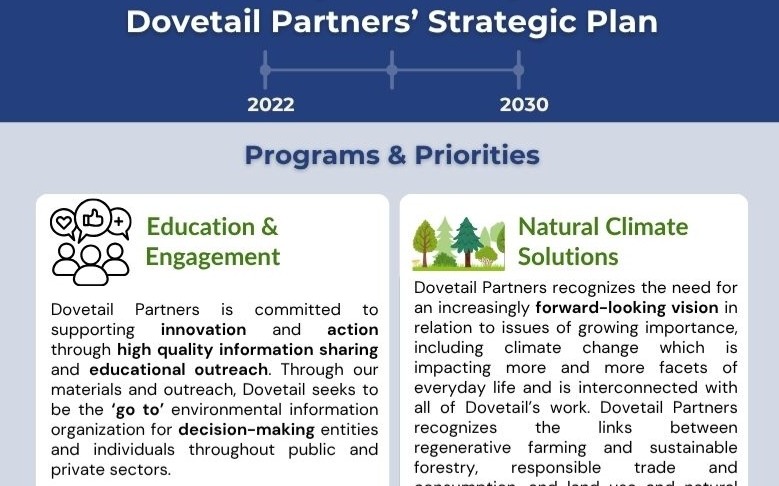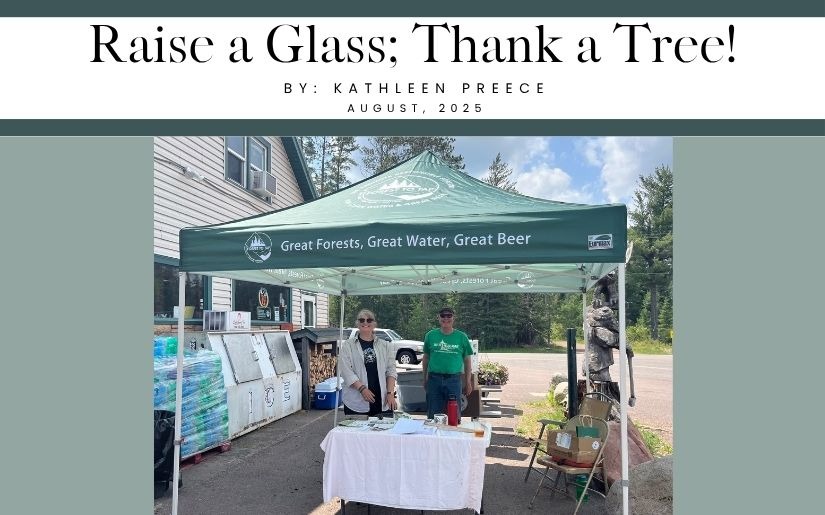An important function of trees and forests both in and out of urban areas is carbon sequestration. Nowak and Crane (2002) have estimated that urban trees in the U.S. hold about 774 million tons of carbon; this is approximately 2.84 billion tons of CO2e (equivalent). Forest product research has demonstrated that over their usable lives wood products continue to store carbon (C), reducing the build-up of atmospheric CO2. This area of research has focused on products manufactured from hardwood and softwood trees harvested only from rural timberlands. There has been no comparable research on the sequestration potential of wood products made from urban trees.
The purpose of this report is to estimate within several different scenarios the net cumulative total amounts of CO2e that could be sequestrated in urban hardwood products. The three products investigated are landscape mulch (chips), biomass for fuel (chips) and solid wood products.
The work upon which this publication is based was funded in whole or in part through a grant awarded by the Wood Education and Resource Center, Northeastern Area State and Private Forestry, U.S. Forest Service.
In accordance with Federal law and U.S. Department of Agriculture policy, this institution is prohibited from discriminating on the basis of race, color, national origin, sex, age or disability. To file a complaint of discrimination, write USDA Director, Office of Civil Rights, Room 326-W, Whitten Building, 1400 Independence Avenue SW, Washington, DC 20250-9410 or call 202-720-5964 (voice and TDD). USDA is an equal opportunity provider and employer.
- Lead AuthorSherrill
- DateJuly 2011
- CategoryCarbon, Environmental, Forests
- Project FileDownload

.png)

.png)
.png)

